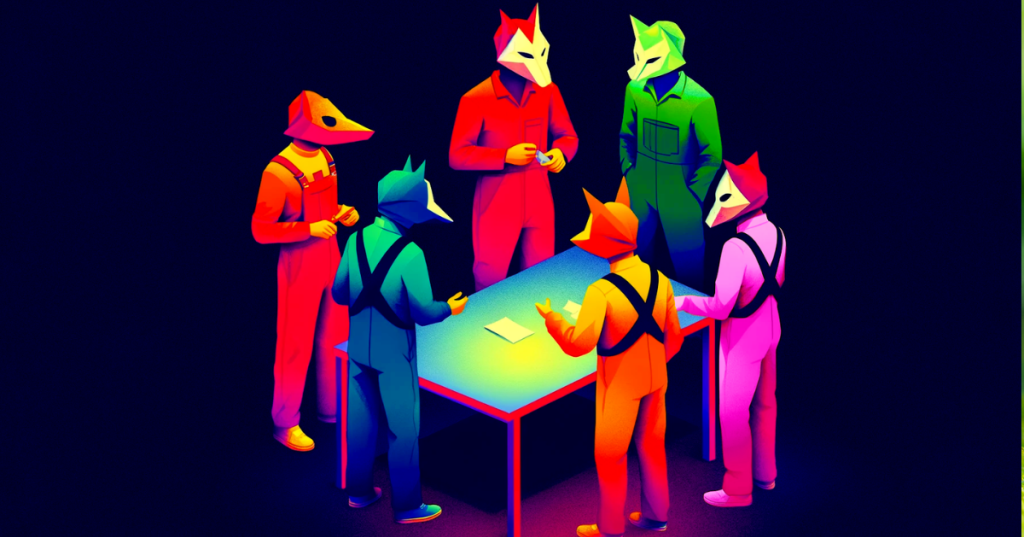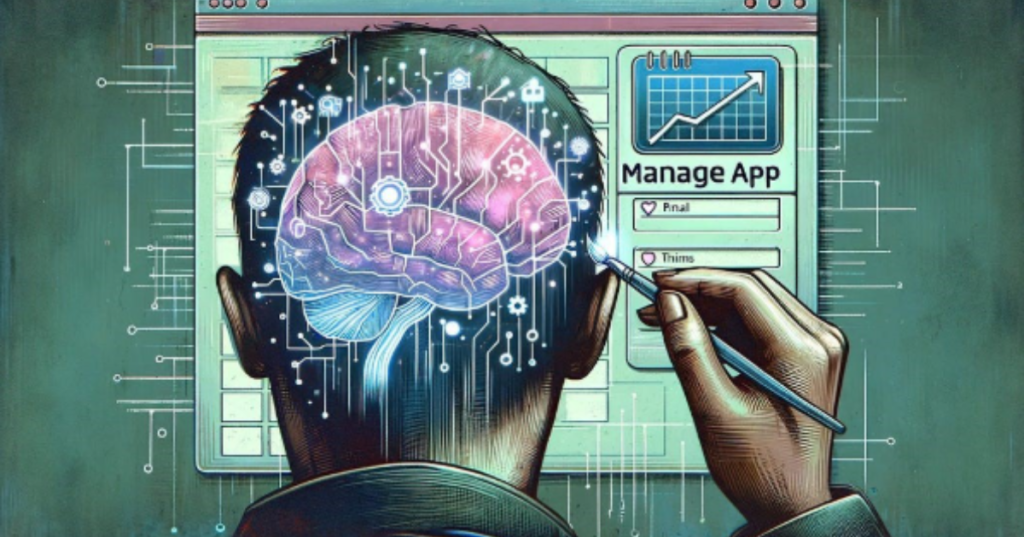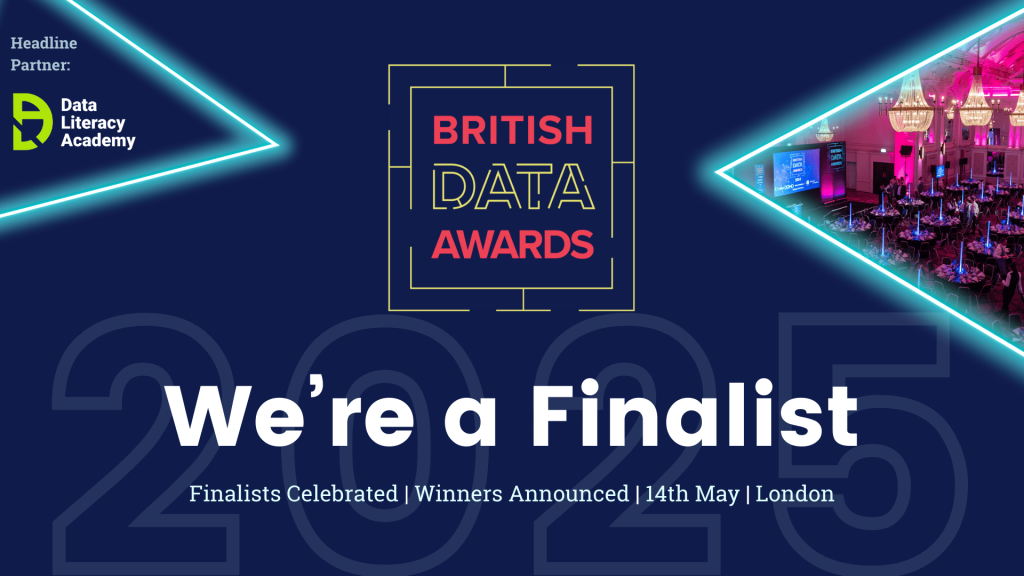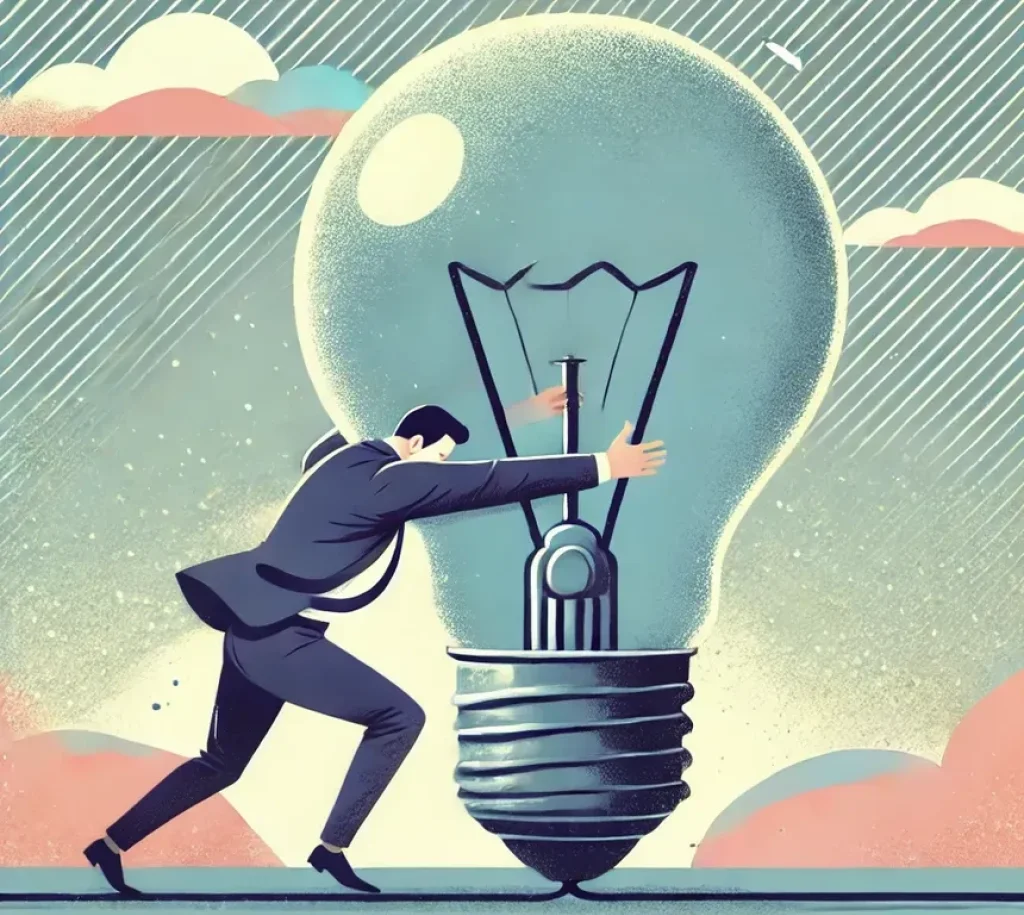Interactive game-based learning (GBL) has revolutionised education and corporate training by integrating game mechanics into learning experiences. Unlike traditional methods, which often rely on passive instruction, game-based learning fosters engagement, motivation, and knowledge retention through interactive elements. Research has shown that GBL can improve problem-solving skills, cognitive development, and overall learning outcomes.
The Science Behind Game-Based Learning
Numerous studies highlight the benefits of game-based learning. According to a study published in the Journal of Educational Psychology, students who engaged in educational games demonstrated higher levels of motivation and retention compared to those using traditional learning methods. The concept of flow theory, introduced by psychologist Mihaly Csikszentmihalyi, explains why game-based learning is so effective, learners become immersed in tasks that balance challenge and skill, leading to deep engagement and improved learning outcomes.
Key psychological principles behind game-based learning include:
Intrinsic Motivation: Games naturally encourage curiosity, competition, and achievement.
Reinforcement and Feedback: Immediate feedback loops help learners adjust their strategies and improve performance.
Active Learning: Interactive tasks require active participation, increasing knowledge retention.
Applications in Education and Corporate Training
Primary and Higher Education
Game-based learning has gained significant traction in primary and higher education. Platforms like Kahoot!, Duolingo, and Minecraft: Education Edition have demonstrated how interactive games can make subjects like math, language learning, and science more engaging. A meta-analysis from the Review of Educational Research found that digital game-based learning improves learning effectiveness by an average of 12% compared to non-game-based methods.
Corporate Training and Professional Development
In the corporate world, companies are leveraging game-based learning for employee training and professional development. Simulations, role-playing games, and scenario-based training enhance skills like leadership, teamwork, and decision-making. According to a study by PwC, employees trained through virtual reality (a form of immersive game-based learning) learned 4x faster than traditional classroom learners and demonstrated greater confidence in applying their skills.
The Impact of Game-Based Learning on Skill Development
Game-based learning goes beyond knowledge acquisition, it develops critical thinking, collaboration, and adaptability. Research from the International Journal of Educational Technology indicates that students who engage in GBL exhibit higher levels of problem-solving abilities and creative thinking. Additionally, multiplayer and cooperative game mechanics foster teamwork and communication skills, which are essential in both academic and workplace settings.
Key skill benefits include:
Problem-Solving: Games encourage learners to think critically and develop strategic solutions.
Collaboration: Multiplayer formats enhance teamwork and communication.
Resilience: Failure is a learning opportunity, fostering perseverance and adaptability.
Challenges and Considerations in Implementing Game-Based Learning
Despite its advantages, game-based learning comes with challenges. Some educators and trainers face barriers such as:
Cost and Resource Constraints: Developing high-quality educational games can be expensive and time-intensive.
Technology Accessibility: Not all learners have equal access to gaming technology.
Engagement vs. Distraction: Poorly designed games may lead to entertainment without meaningful learning outcomes.
To maximise effectiveness, educators and businesses must ensure that games are aligned with learning objectives, offer meaningful feedback, and maintain an appropriate level of challenge.
Future Trends in Game-Based Learning
The future of game-based learning is promising, with advancements in artificial intelligence (AI), augmented reality (AR), and virtual reality (VR) enhancing immersive experiences. AI-powered adaptive learning games personalise content based on individual progress, while AR/VR environments create interactive simulations for hands-on learning.
Emerging trends include:
AI-driven Learning Paths: Customising game experiences based on learner performance.
Gamified Assessments: Using interactive quizzes and simulations for competency evaluations.
Extended Reality (XR) Training: Blending VR and AR for immersive skill-building experiences.
The Transformative Power of Game-Based Learning
Interactive game-based learning is reshaping how we upskill our workforce by fostering engagement, enhancing skill development, and improving retention rates. At FLG, our team platform is combined with the power of observed game play and coaching to level up your teams. The platform is designed to be accessible whilst simulating real-world challenges. As technology continues to evolve, workplace transformation becomes an increasing priority to underpin digital, data & AI adoption, the integration of gamified experiences into learning environments will only become more prevalent. Isn’t it time you played ahead of the curve?
How is your organisation or institution leveraging game-based learning? Let’s connect! Explore how Future Learning Group can support your team or organisation in embracing ‘Game-based Learning’ - a great place to start is through eXplorer - our one day coached workshop. We empower your workforce with the skills needed for success, from strategic leadership to seamless collaboration, future-proofing your organisation!



